Don Cherry - Complete Communion (1966)
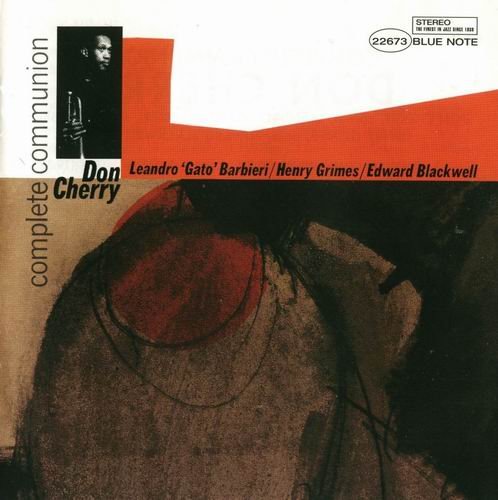
Artist: Don Cherry
Title: Complete Communion
Year Of Release: 2000
Label: Blue Note[7243 5 22673 2 3]
Genre: Jazz, Free Jazz
Quality: FLAC (tracks + .cue,log,scans) | MP3/320 kbps
Total Time: 40:14
Total Size: 260 MB(+3%) | 95 MB(+3%)
WebSite: Album Preview
TracklistTitle: Complete Communion
Year Of Release: 2000
Label: Blue Note[7243 5 22673 2 3]
Genre: Jazz, Free Jazz
Quality: FLAC (tracks + .cue,log,scans) | MP3/320 kbps
Total Time: 40:14
Total Size: 260 MB(+3%) | 95 MB(+3%)
WebSite: Album Preview
01 - Complete Communion
02 - Elephantasy
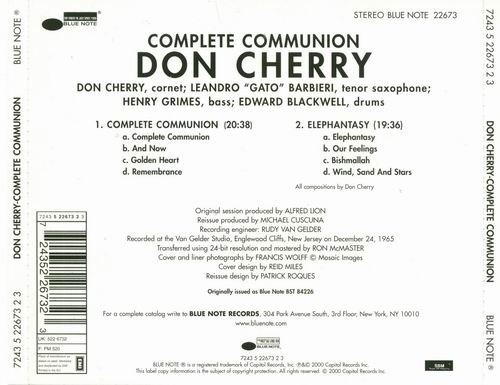
personnel :
Don Cherry: cornet
Leandro "Gato" Barbieri: tenor saxophone
Henry Grimes: bass
Edward Blackwell: drums
Not counting a couple of sessions he co-led with John Coltrane and Albert Ayler, Complete Communion was the first album Don Cherry recorded as a leader following his departure from the Ornette Coleman Quartet. It was also one of the earliest showcases for the Argentinian tenor saxophonist Gato Barbieri, who Cherry discovered during a stay in Rome. While the music on Complete Communion was still indebted to Coleman's concepts, Cherry injected enough of his own personality to begin differentiating himself as a leader. He arranged the original LP as two continuous side-long suites, each of which incorporated four different compositions and was recorded in a single take. In practice, this meant that several melodic themes popped up over the course of each side; all the musicians free-associated off of each theme, engaging in intense, abstract dialogues before moving on to the next. As the album's title suggests, every member of the group not only solos, but shares the total space selflessly. Bassist Henry Grimes and drummer Ed Blackwell both play extremely active roles, especially Grimes, who solos powerfully and sometimes carries the main riffs. Often the music sounds more like a conversation, as opposed to a solo with support, because the musicians make such intelligent use of space and dynamics, and wind up with a great deal of crackling, volatile interplay as a result. The leader remains recognizably himself, and his burnished tone is a nice contrast with Barbieri's fiery approach; for his part, Barbieri's playing has a lot of speechlike inflections, and he spends a lot of time in the upper register of his horn, which makes him sound quite similar to Ornette at times. As a whole, the project comes off remarkably well, establishing Cherry as an avant-garde force to be reckoned with in his own right.~Steve Huey

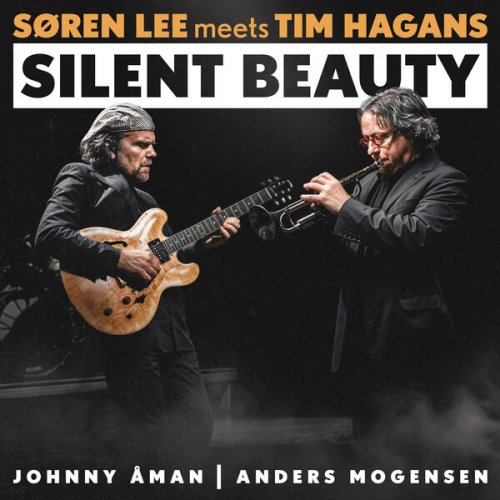
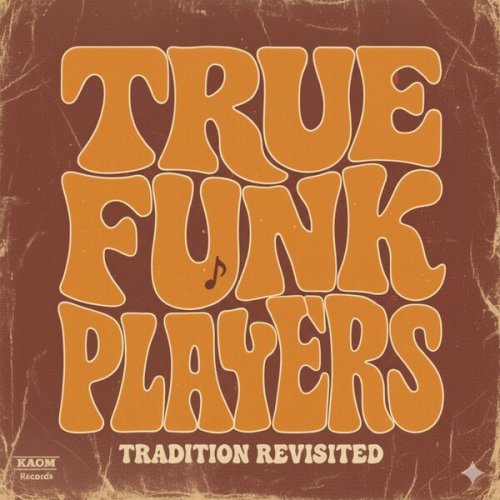
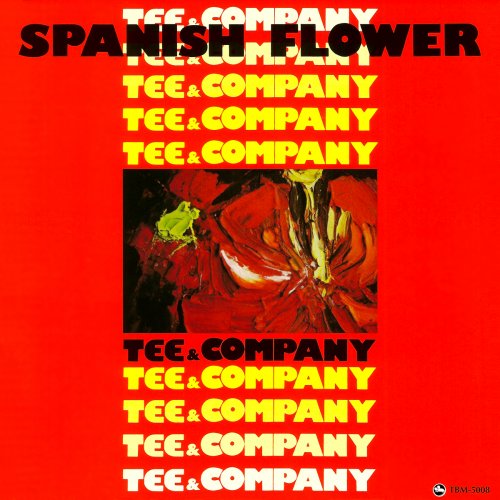
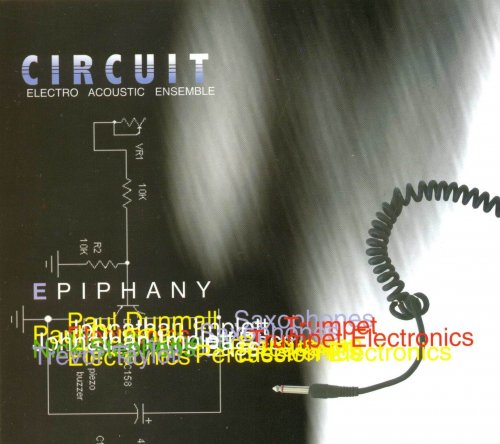
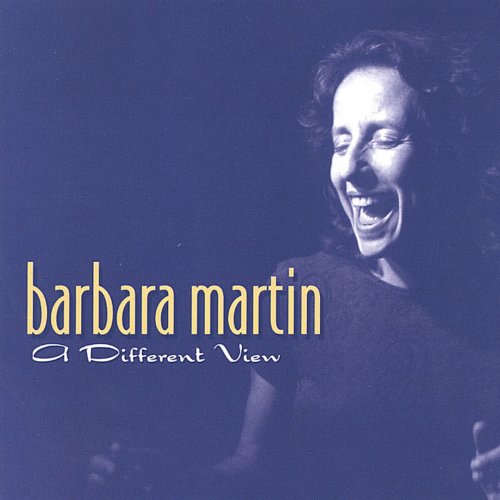


![Larry Coryell - Major Jazz Minor Blues (1998) [CDRip] Larry Coryell - Major Jazz Minor Blues (1998) [CDRip]](https://www.dibpic.com/uploads/posts/2026-02/1771860317_5.jpg)
![The Messthetics & James Brandon Lewis - Deface The Currency (2026) [Hi-Res] The Messthetics & James Brandon Lewis - Deface The Currency (2026) [Hi-Res]](https://www.dibpic.com/uploads/posts/2026-02/1771424652_1.jpg)